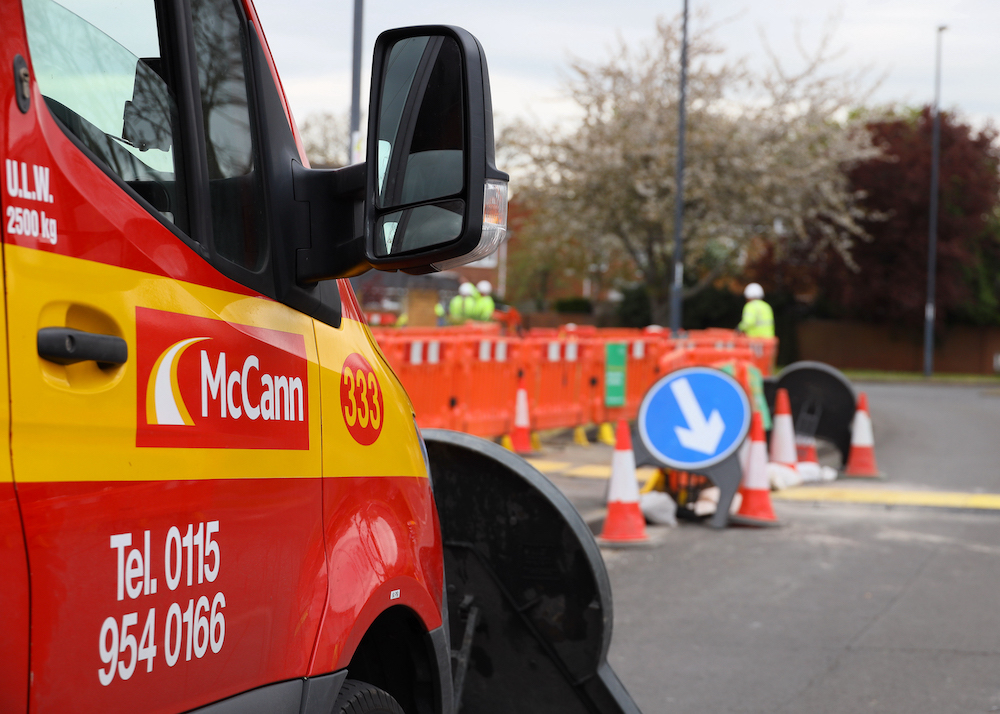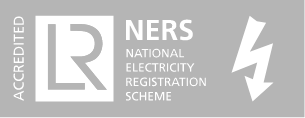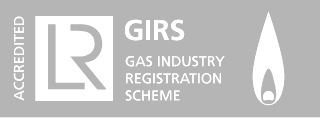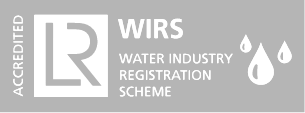McCann awarded £3m signage works as part of the Greater Manchester Clean Air Zone project
We’re delighted to announce that we have recently been awarded works to the value of £3m as part of Greater Manchester’s Clean Air Plan, which includes a GM-wide Clean Air Zone (GM CAZ).
The scheme is set to improve air quality on local roads and includes a Category C charging Clean Air Zone. Non-compliant commercial and passenger vehicles, but not private cars, that do not meet required emission standards will pay a daily charge for access to the Zone. The GM CAZ has been designed to improve air quality by encouraging drivers to upgrade to cleaner vehicles, while reducing the number of vehicles travelling into the Zone which give off Nitrogen Dioxide (NO2) in excess of emission standards.
The Clean Air Zone is different from a congestion charge, which aims to reduce congestion levels by charging all vehicles entering a specified area.
Modelling by Greater Manchester’s Local Authorities has indicated that high levels NO2 are present across Greater Manchester’s strategic and key route network of roads. Forecasts predict that stretches of road within the Zone are likely to have levels of NO2 in excess of the legal limits soon if no action is taken to counteract it.
As a result, the 10 District Authorities, Greater Manchester Combined Authority alongside Transport for Greater Manchester have come together to tackle air quality across Greater Manchester and set out plans for the Clean Air Zone.
Automatic Number Plate Recognition (ANPR) cameras will enforce the Zone and funding is being requested from the government to help people, businesses and organisations prepare for its introduction in 2022. This funding will be designed to support eligible van, heavy goods vehicles, buses, coaches, taxis, private hire vehicles and minibus owners to finance cleaner, greener vehicles which meet NO2 emission standards.
Transport for Greater Manchester has identified the need to de-commission, manufacture, install and maintain 2,800 signs across the GM CAZ area to help with the enforcement of the scheme – and Nottingham-based McCann has been commissioned to deliver these signage solutions. These include boundary, internal repeater and advanced warning signs to notify drivers of the Clean Air Zone regulations in place. Signage works are due to start in October 2021, with McCann employed on an initial 5-and-a-half-year contract.
Our Construction Director, Adrian Cronin, is pleased to see the company involved in such a landmark environmental project for Greater Manchester and he feels that its ethos very much aligns to McCann’s own plans for the future.
“The Greater Manchester Clean Air Zone project is commendable and sets a benchmark for many other cities to follow in the coming years,” says Adrian.
He continues, “As a company, we’re committed to improving air quality and reducing emissions – either through the projects we undertake or through how we operate. We were delighted to achieve ‘Go Ultra Low’ status in 2020 – with 53% of our vehicles either electric hybrid or fully electric at the start of last year – and we’re now working towards making our entire fleet of company cars all-electric by 2025.
“Our industry must play its part in tackling climate change, and we’re wholeheartedly committed to achieving the reductions needed in CO2 in order to improve air quality for everyone.”
Greater Manchester lead for Clean Air, Councillor Andrew Western, said: “We, as a city region, are committed to tackling air pollution, which is the biggest environmental public health issue facing us and contributes to around 1,200 deaths in Greater Manchester alone each year.
“That’s why we have developed a Clean Air Plan that not only helps us meet government requirements on nitrogen dioxide air pollution and delivers major health benefits for our residents; but also delivers the funding support for those businesses, individuals and organisations who need to upgrade their vehicle to become compliant.
“We are looking forward to working with McCann to help us deliver the plan, improve the quality of our air and ensure Greater Manchester continues to be a healthy, sustainable and happy place to grow up, get on and get old.”
Back to top